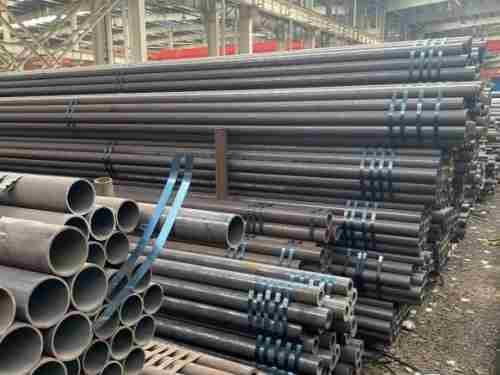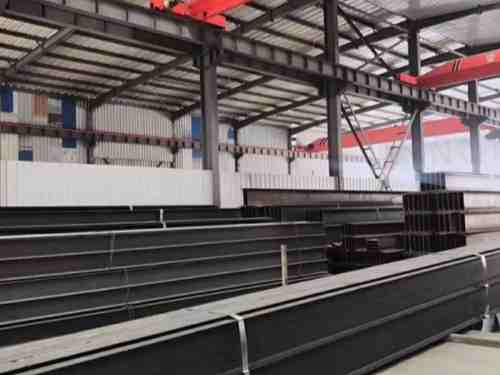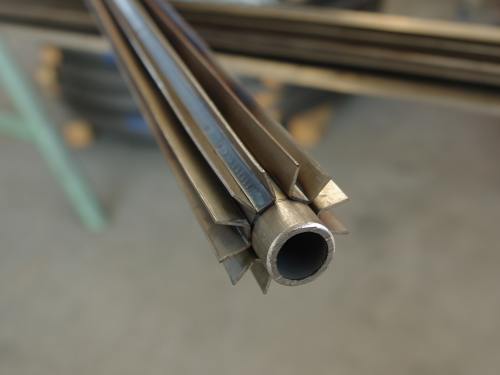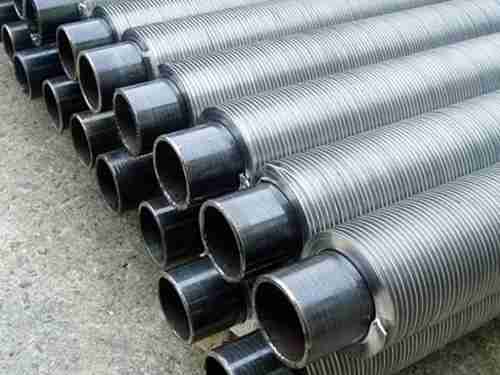Boiler steel pipes are vital components in thermal systems, primarily responsible for transporting high-temperature, high-pressure steam or hot water. Their service life depends on multiple factors such as material quality, operational environment, system load, and maintenance routines. This article explores these elements in depth to help extend the durability and efficiency of boiler pipelines.
Overview of Boiler Steel Pipe Types and Materials
Boiler pipes are typically made from carbon steel, alloy steel, or stainless steel. Based on the application environment, they are classified into seamless boiler tubes and welded boiler tubes. These pipes must offer high thermal resistance, mechanical strength, and corrosion resistance to perform reliably under demanding operating conditions.
Typical Service Life of Boiler Steel Pipes (10–30 Years)
The lifespan of boiler tubes usually ranges between 10 to 30 years, depending on the following core factors:
- Boiler Tube Material Quality and Heat Resistance
High-quality materials like alloy steel and stainless steel provide enhanced resistance to high temperatures and corrosion, significantly extending pipe service life. In contrast, low-grade carbon steel boiler pipes are more prone to oxidation and deformation.
- Operating Environment and Corrosive Conditions
High pressure, temperature extremes, humidity, and corrosive media (e.g., acidic or alkaline water) can drastically shorten pipe lifespan. Boiler tubes in systems with frequent thermal cycling or load variations are more susceptible to fatigue failure.
- Boiler Operation Conditions and Performance Monitoring
Operating beyond temperature or pressure design limits can accelerate creep deformation or material embrittlement. Inadequate water treatment may lead to scaling or inner wall corrosion, compromising tube performance.
- Boiler Tube Maintenance and Inspection Frequency
Routine maintenance, including cleaning, descaling, corrosion prevention, and non-destructive testing (NDT), plays a crucial role in identifying early wear and extending the operating life of boiler tubes.
Common Boiler Tube Failure Modes and Causes
- Corrosion in Boiler Tubes (Internal and External)
Internal corrosion results from poor water quality or chemical contamination, while external corrosion arises from environmental exposure. Both lead to wall thinning, reduced strength, and eventual leakage or bursting.
- Boiler Tube Scaling and Heat Transfer Loss
Mineral scaling on the tube’s inner surface decreases thermal efficiency, raises metal temperature, and promotes localized overheating, increasing the risk of failure.
- Fatigue Cracks in Boiler Steel Pipes
Thermal cycling, pressure fluctuations, and frequent shutdowns can lead to fatigue cracks, which gradually propagate and cause failure over time.
- Creep Failure in High-Temperature Boiler Pipes
Long-term exposure to high temperatures and pressures leads to creep deformation, reducing wall thickness and material strength.
Effective Measures to Extend Boiler Tube Service Life
- Select High-Performance Boiler Tube Materials
Use alloy steel or stainless steel pipes in high-temperature or corrosive environments to ensure long-term durability and thermal stability.
- Optimize Boiler Operation Conditions
Avoid overpressure, overheating, and rapid cycling. Stabilize boiler loads to minimize mechanical stress and reduce fatigue or creep risk.
- Improve Boiler Water Treatment and Quality
Reduce hardness and oxygen content in boiler water through filtration and chemical treatment to prevent scaling and corrosion.
- Establish Regular Boiler Tube Maintenance Plans
Implement structured programs for cleaning, anti-corrosion treatments, and periodic inspections to detect early signs of wear or damage.
- Apply Advanced Boiler Monitoring Technologies
Utilize real-time monitoring, online sensors, and non-destructive testing methods to track the condition of boiler tubes and prevent failures before they occur.
Boiler Steel Pipe Replacement Standards and Criteria
Boiler tubes should be replaced promptly under the following conditions:
Wall thickness reduction exceeds safe limits
Presence of severe corrosion, cracks, or deformation
Noticeable decline in thermal efficiency
Reaching the designated service life with reduced safety margin
Conclusion: Enhancing the Lifespan of Boiler Steel Pipes
The service life of boiler steel pipes is influenced by a variety of interrelated factors. By selecting high-quality materials, optimizing operational parameters, ensuring good water quality, and maintaining regular inspections, the lifespan of boiler tubes can be extended significantly. Additionally, establishing a replacement strategy based on actual pipe conditions helps prevent failures and ensures the safe and efficient operation of boiler systems.

 English
English Español
Español











